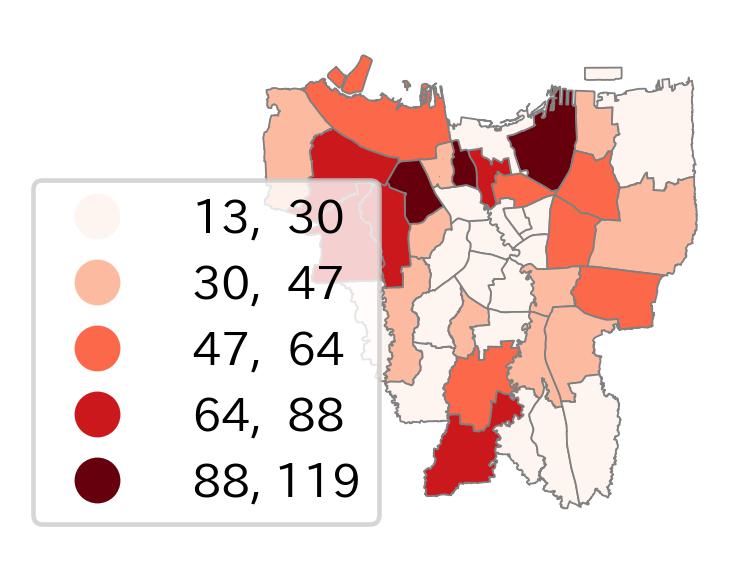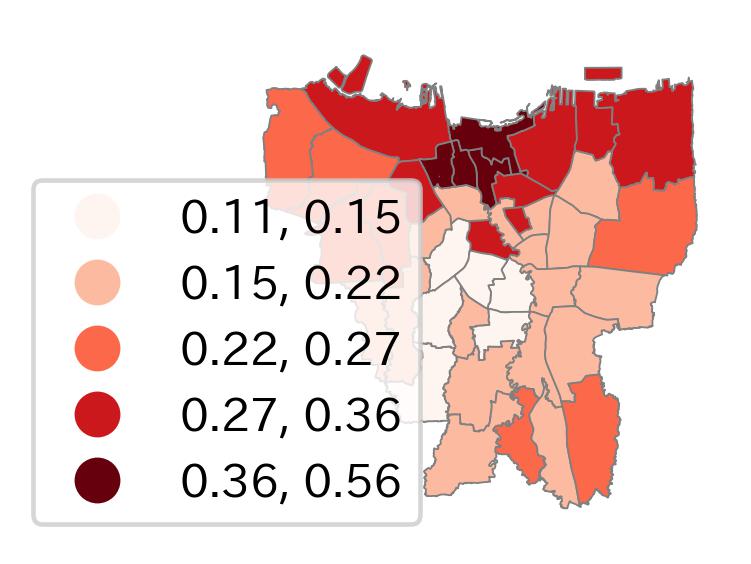Habitus of Cohabitation


Such rule includes gendered property, explicit bans of visit/stay of "opposite sex" and spesific exception for the "married couple".
Kos-Kosan, also known as “inde kost” or “kost,” is a term used in Indonesia to refer to boarding houses or rented rooms. Kos-Kosan provides affordable accommodation for individuals who are studying or working away from their hometowns. These establishments are typically located in urban areas near universities, schools, or business districts to meet the demands of students, young professionals, and migrant workers who require convenient and affordable housing options.
The owners tend to impose in-house rules, and such rules may include the disallowance of cohabitation for unmarried couples. Premarital cohabitation, known as “kumpul kebo” in Indonesia, is considered a transgression of cultural, religious, and legal norms. These norms emphasize the sanctity of marriage (or virginity) and promote traditional family values. Landlords may enforce this rule to maintain a certain reputation and cater to the majority of the target market that adheres to these values.
This project aims to investigate if there is socio-spatial variation in how this moral value translates into rules in kos-kosan. To answer this, I scraped a website that provides information on kost2an and mapped their numbers based on the imposition of rules related to premarital cohabitation.